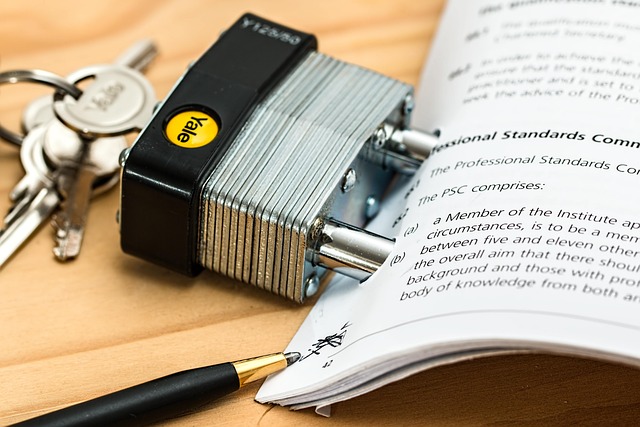Understanding rental contract terms is paramount for students renting property, as these legally binding agreements outline rights and responsibilities. Key clauses to focus on include lease duration, rent amount, payment deadlines, late fees, maintenance duties, security deposits, return conditions, subletting restrictions, and pet policies. Comprehending these terms empowers students to protect themselves financially, navigate their rental situations smoothly, and ensure a fair living experience.
Every student moving into a new place should familiarize themselves with the key lease clauses in their rental contract. Understanding these terms is crucial for protecting your rights and ensuring a smooth living experience. This article breaks down essential elements, including basic rental contract terms, tenant protections, common lease provisions, and what they mean. By knowing these clauses, you can make informed decisions and navigate your tenancy with confidence.
- Understanding Basic Rental Contract Terms
- Key Clauses for Tenant Protection and Rights
- Common Lease Provisions and What They Mean
Understanding Basic Rental Contract Terms

When renting a property, understanding the rental contract terms is crucial for any student. These agreements are legally binding documents that outline the rights and responsibilities of both the tenant and landlord. Key terms like lease duration, rent amount, payment deadlines, and late fees are fundamental to know. For instance, recognizing the difference between monthly and annual leases can significantly impact your living situation and financial obligations.
Additionally, clauses related to maintenance, repairs, and security deposits offer important protections. Students should pay close attention to who is responsible for upkeep and when certain issues must be reported. Security deposits, which are often a month’s rent, serve as a safeguard for landlords but can also be a significant sum for students. Knowing the conditions for return of this deposit is essential to avoid unexpected financial burdens after moving out.
Key Clauses for Tenant Protection and Rights

When renting a property, understanding the rental contract terms is crucial for tenants, especially regarding their protection and rights. Key clauses within a lease agreement ensure that both parties are held accountable while safeguarding the tenant’s interests. Some essential terms to look out for include security deposits, which should be legally bound to specific conditions for deduction, and rent payment deadlines with grace periods stipulated.
Tenants also have the right to live in a safe and habitable unit as per local laws. Lease agreements must clearly define maintenance responsibilities, ensuring landlords promptly address issues like broken appliances or leaky pipes. Additionally, clauses regarding privacy, subletting restrictions, and notice requirements before eviction offer tenants peace of mind and control over their living environment.
Common Lease Provisions and What They Mean

In any rental contract terms, a tenant must be familiar with various common lease provisions that significantly impact their living experience. These clauses outline the rights and responsibilities of both parties, ensuring a fair and legally binding agreement. Key among them is the duration of the lease, which specifies when and how the tenancy begins and ends. Understanding the lease term allows students to plan their stay accordingly, whether it’s a short-term arrangement for a semester or a longer commitment.
Another critical provision focuses on rent payment, including due dates, late fees, and methods accepted. Students should also pay close attention to maintenance responsibilities; many contracts detail who is tasked with fixing various issues, from minor repairs to major system overhauls. Additionally, subletting restrictions and pet policies are essential, as they govern students’ ability to temporarily or permanently transfer their tenancy or bring pets into the property.
